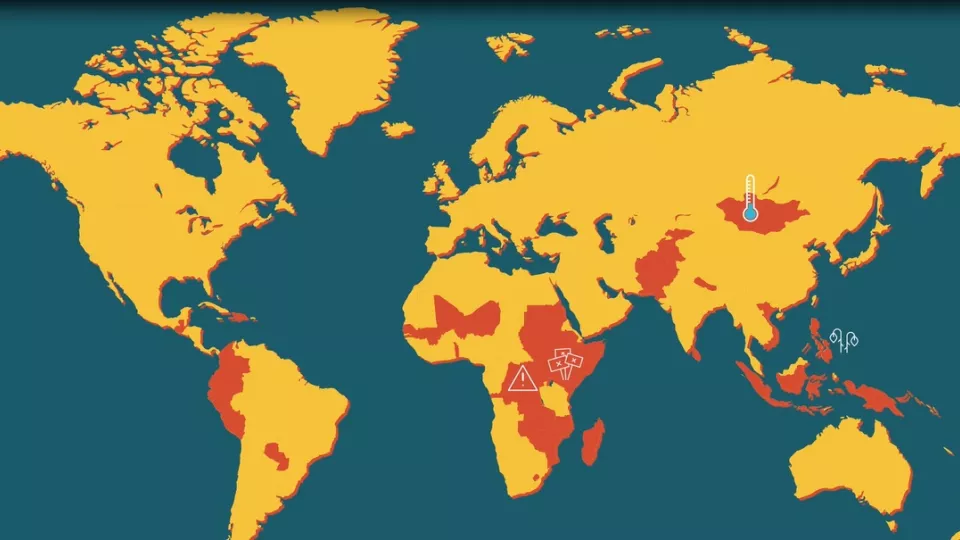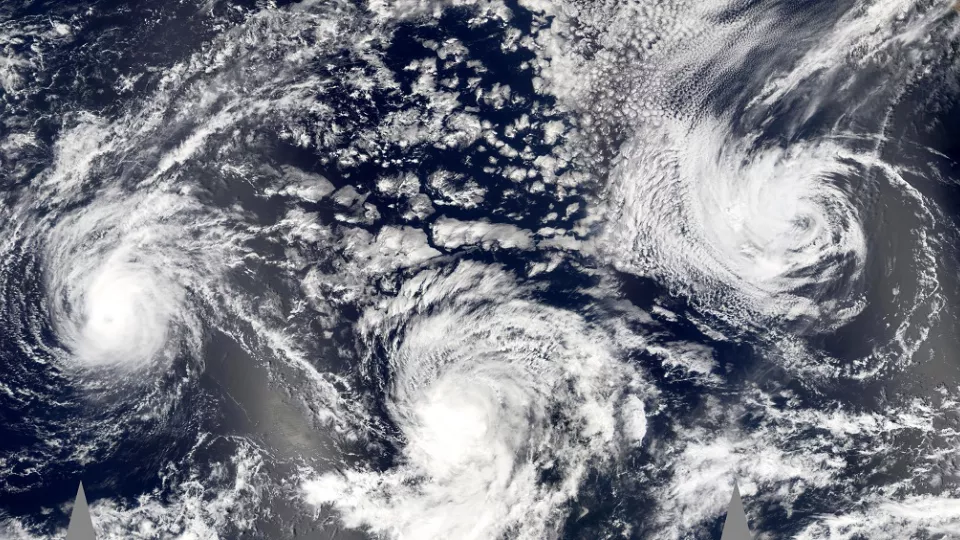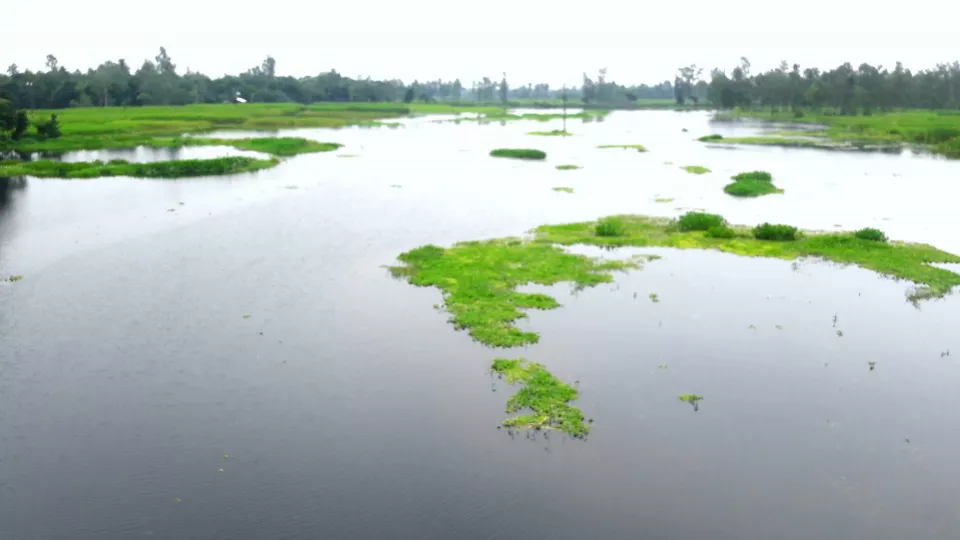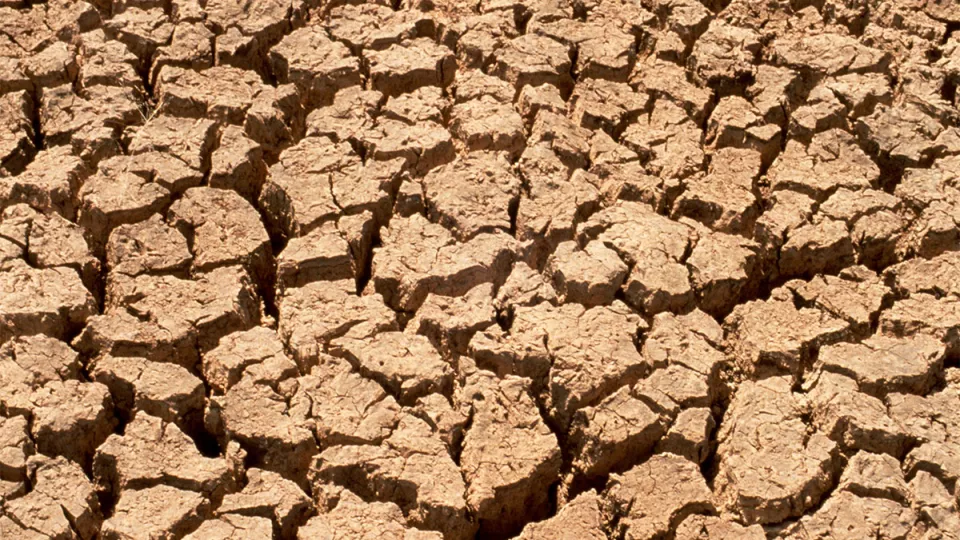Monthly Risk Briefing
The monthly risk briefing provides information on global weather, human and health events where members may consider using the Start Fund Anticipation process.
The monthly risk briefing provides information on global weather, human and health events where members may consider using the Start Fund Anticipation process.

Climate and weather-related risks are rising worldwide and the accuracy of forecasts on these extreme-weather events have improved significantly over the years. But, only recently have humanitarians begun to apply these improvements to support early action. Watch our new video sharing our work on early action, in partnership with IFRC, WFP, FAO and OCHA.

‘Humanitarians often don’t stop for Christmas in the Philippines'. Start Network Members and the Philippines Red Cross convened in Manila in December to discuss how cyclones can be better anticipated moving forward alongside some of the challenges.
The monthly risk briefing provides information on global weather, volcanic, human and health events where members may consider using the Start Fund’s Crisis Anticipation Window. It reports on new, emerging or deteriorating situations; therefore, ongoing events that are considered to be unchanged are not featured and risks that are beyond the scope and scale of the Start Fund are also not featured. This monthly risk briefing is collated by the Start Network Anticipation team using information from academia and research institutes, government departments, ACAPS, global risk indexes, risk information provided by Start Members and their partners, and the media. Key risks are shared and collated each month with FOREWARN input.
Learn how many people have been reached with the Crisis Anticipation Window and how we have been able to act before and disaster struck.

In July 2016, Bangladesh was hit by one of the worst floods in recent history. What could have been done differently using the forecasts that were issued? Knowing what we know now, how can we better anticipate future floods? What can we learn from this to limit the damage caused by future floods?
The monthly risk briefing provides information on global weather, volcanic, human and health events where members may consider using the Start Fund’s Crisis Anticipation Window. It reports on new, emerging or deteriorating situations; therefore, ongoing events that are considered to be unchanged are not featured and risks that are beyond the scope and scale of the Start Fund are also not featured. This monthly risk briefing is collated by the Start Network Anticipation team using information from academia and research institutes, government departments, ACAPS, global risk indexes, risk information provided by Start Members and their partners, and the media. Key risks are shared and collated each month with FOREWARN input.

The Start Fund’s biannual FOREWARN meeting in early September was an opportunity for FOREWARN members to both contribute and draw from a collective body of work. As FOREWARN continues to grow, as well as decentralise – connecting forecasters, scientists, risk analysts and humanitarian decision-makers at all levels proved vital.

Every year, numerous predictable risks turn into humanitarian disasters. Whether it’s foreseen pre-election violence, disease outbreaks following floods, or landslides following heavy rains, a lot can be done to mitigate the damage of such threats by acting early.

The Start Network has signed a ‘game-changing’ insurance policy, intended to pay out if a drought hits Senegal, enabling aid agencies to offer live-saving help before a famine threatens to take people’s lives.